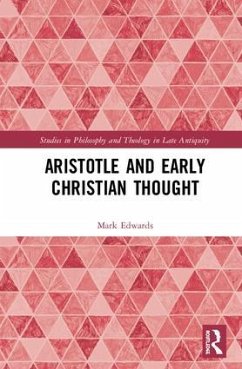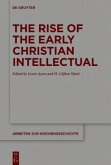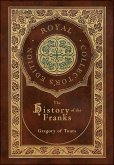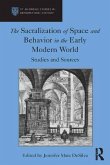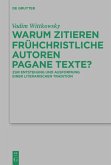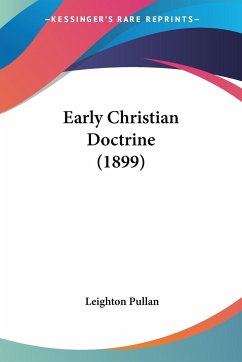Aristotle and Early Christian Thought is the first book in English to give a synoptic account of the slow appropriation of Aristotelian thought in the Christian world from the second to the sixth centuries.
Hinweis: Dieser Artikel kann nur an eine deutsche Lieferadresse ausgeliefert werden.
Hinweis: Dieser Artikel kann nur an eine deutsche Lieferadresse ausgeliefert werden.
"Scholars of early Christian theology owe a debt of gratitude to Edwards for shining a light on the traces of Aristotle's philosophical legacy in late antique Christianity. Of the book's many achievements, the most welcome may be its simultaneous affirmation of the power of the Christian perspective and dismantling of the unqualified assertion that Platonism was the sole source of pagan philosophy upon which early Christians drew. In this way, Edwards' study joins a contiguous body of scholarship exploring how early Christians also adapted Stoicism."
-Alexander H. Pierce, Reading Religion
"Bonino's book constitutes a major accomplishment. It is no doubt the most important and comprehensive commentary on Aquinas's treatment of the divine attributes written in quite some time. Anyone interested in medieval philosophy and theology generally, in the study of Aquinas specifically, or in the viability of Thomism as a living tradition of thought will profit greatly from reading this book."
-Thomas Joseph White, O.P, The Thomist
-Alexander H. Pierce, Reading Religion
"Bonino's book constitutes a major accomplishment. It is no doubt the most important and comprehensive commentary on Aquinas's treatment of the divine attributes written in quite some time. Anyone interested in medieval philosophy and theology generally, in the study of Aquinas specifically, or in the viability of Thomism as a living tradition of thought will profit greatly from reading this book."
-Thomas Joseph White, O.P, The Thomist

